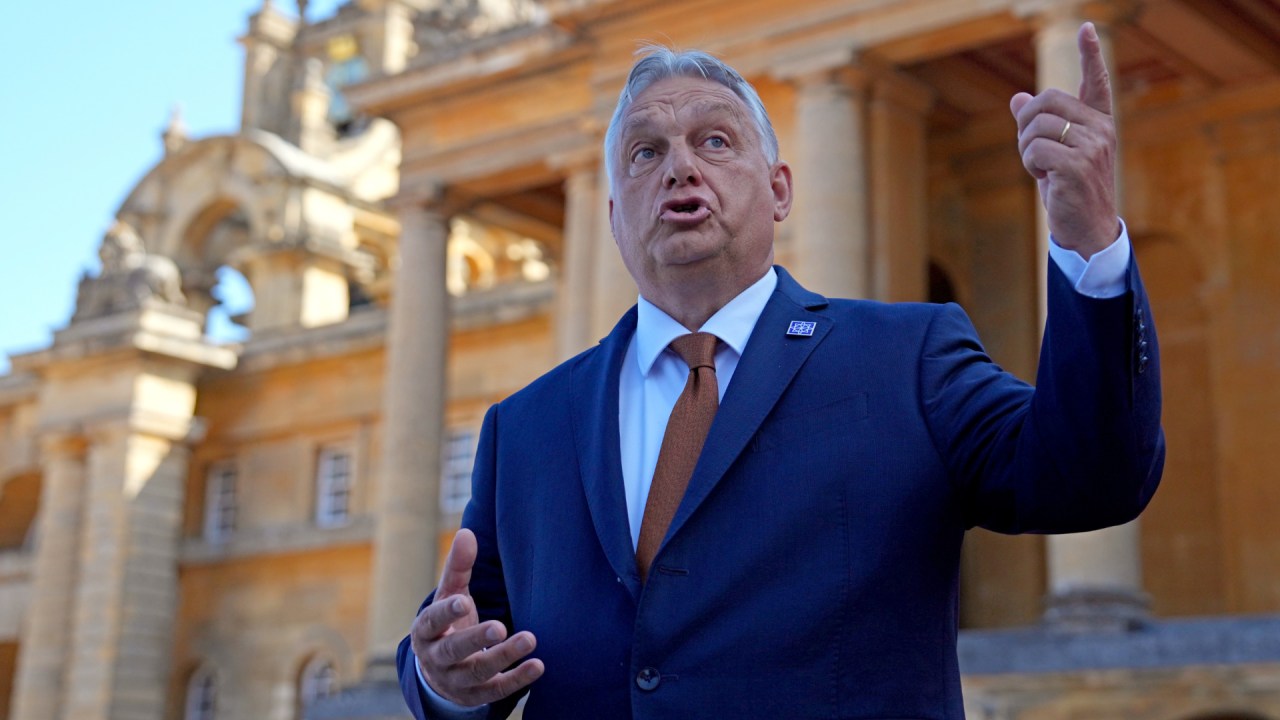Hungary is no stranger to spats with its European neighbours. Under prime minister Viktor Orbán’s leadership, it has exercised veto rights to block Ukrainian military aid and Russian sanctions, delayed the Nato accessions of Sweden and Finland and shrugged off EU asylum regulations. For Budapest, the disputes have proven to be effective leverage in unfreezing funds — once €30million (£25 million), now some €22million (£19 million) — held by the Commission over rule of law violations and corruption concerns. For the EU, Hungary is a diplomatic headache – and one that may be about to get worse.
When Hungary assumed the bloc’s rotating presidency last month, Orbán flew to Moscow for talks with Putin on Ukrainian settlements and bilateral relations, prompting uproar in Brussels. EU leaders took to social media to condemn the trip. Kaja Kallas, the incoming EU foreign policy chief accused Orbán of ‘exploiting EU presidency to sow confusion’.

Britain’s best politics newsletters
You get two free articles each week when you sign up to The Spectator’s emails.
Already a subscriber? Log in








Comments
Join the debate, free for a month
Be part of the conversation with other Spectator readers by getting your first month free.
UNLOCK ACCESS Try a month freeAlready a subscriber? Log in